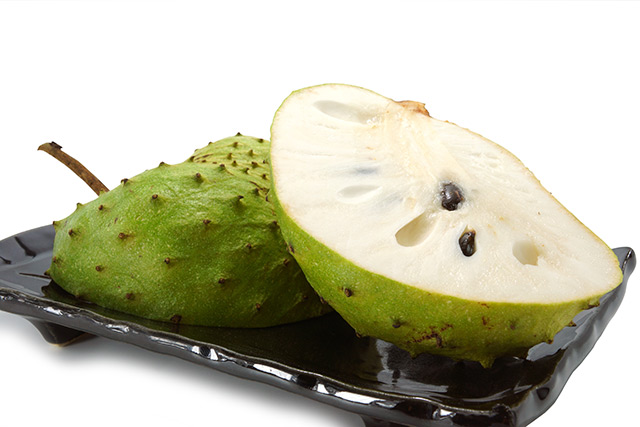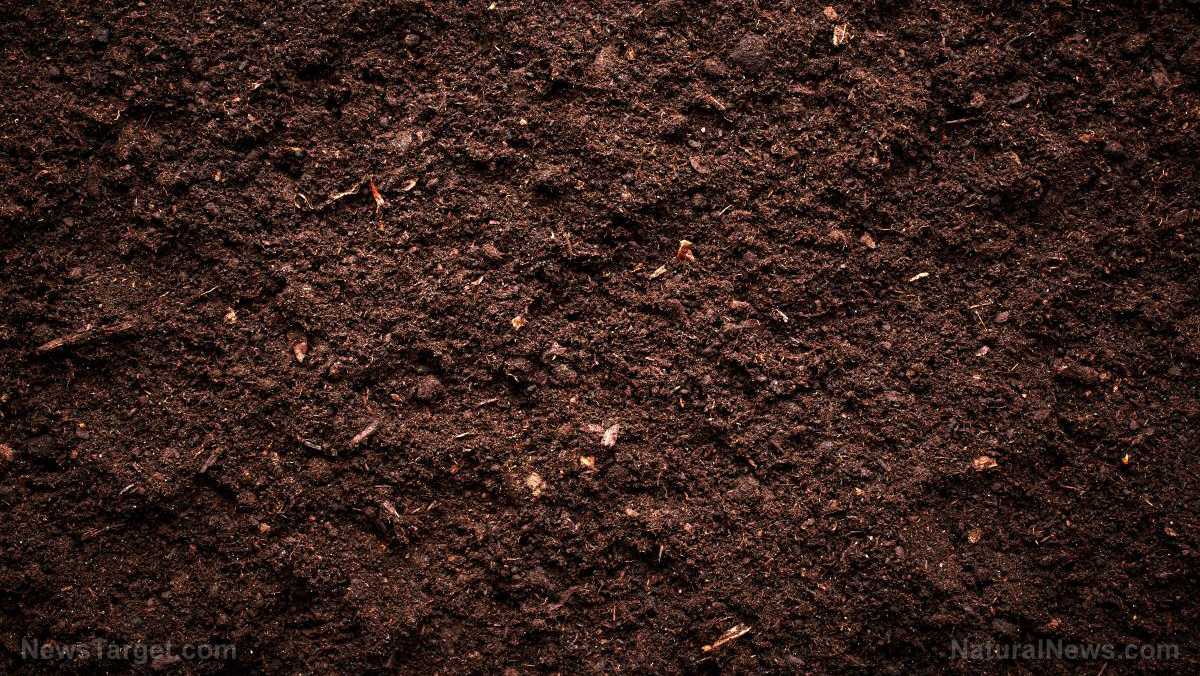Are micro-deficiencies sabotaging your workout? New study supports the need for women to take mineral supplements
02/05/2018 / By Zoey Sky

If your running time isn’t improving, it could be because of micro-deficiencies. According to a new study, women who were given “a specially prepared blend of minerals and nutrients for a month” cut their 3-mile run times by almost one minute.
Researchers from The Ohio State University compared the performance of the women who took the supplement with a control group that took a placebo. In the initial experiment, which involved 28 women, 14 participants took the supplement.
The scientists discovered that women in the study group cut down their 3-mile run times drop from 26.5 minutes (on average) to 25.6 minutes. Stationary bike distance covered in 25 minutes went up by at least 6.5 miles, compared to 6 miles when the study began. Steps in the step test also went up by about 44 from 40. The changes mentioned were “statistically significant,” and none were noted among the placebo group. (Related: Mineral deficiencies can be fatal to athletes.)
In the second follow-up experiment, which was created to see if the results of the first experiment could be replicated and to “test a lower dose of one of the nutrients,” the researchers studied 36 women. Findings revealed a “41-second average decrease in run times.”
Robert DiSilvestro, the lead author of the study and a professor of human nutrition at the university, says that young women often have micro-deficiencies and that these nutrients affect cell function during exercise. He added that women also “tend to eat less meat than men,” and that menstruation also influences mineral loss.
DiSilvestro is currently working on a supplement that he plans to sell, and it will be formulated based on the findings of the study and previous research. While the Gatorade Sports Science Institute supported the study, the company won’t be taking part in the commercialization efforts.
The minerals used in the study included “forms of iron, copper, and zinc along with two other nutrients, carnitine (which is derived from an amino acid) and phosphatidylserine (which is made up of fatty acids and amino acids).
DiSilvestro shared that he included minerals that are “commonly low – or thought to be low in many diets.” Carnitine and phosphatidylserine are necessary for cell function, and we produce them, but they can also come from the food we consume.
The study participants were recreational athletes aged 18 to 30, and they regularly perform aerobic exercise for about two to three hours weekly for six months. The women were also runners. DiSilvestro explains that they chose this particular group of participants so they can “run three miles without it being a terrible burden.”
DiSilvestro and his team compared the performance of the participants at the start of the study and their performance at the end of a 30-day study period. Stationary biking and the step tests were included since the women didn’t usually perform these activities. These tests also measured if there are benefits that went beyond running and when the participants “were more physically tired.”
Men don’t usually have mild deficiencies in these nutrients, except for copper, comments DiSilvestro. He concludes that it would be interesting to see if vegetarian men will also experience these benefits. Other researchers could also look into a “potential area for study” like longer-distance running.
Foods that can make you run faster
If you want to know which foods can make you run faster, check out the list below:
- Beetroot – Beetroot is full of nutrients, and it also has nitrates that could have”performance enhancing effects.” Nitrates improve blood flow and help maximize oxygen delivery throughout the body and to the muscles.
- Coffee – Drinking “moderate amounts of caffeine” can help boost your endurance performance.
- Oats – Oats are full of carbohydrates, and they have a low-glycemic index. Oats are also rich in fiber that helps regulate blood sugar levels.
- Salmon – An excellent source of protein rich in omega acids, salmon can boost heart health. The fish can also help “rebuild and repair torn and tired muscles.”
You can read more articles about nutrient-rich foods and other natural cures at Nutrients.news.
Sources include:
Tagged Under: exercise, fitness, jogging, micro-deficiencies, mineral supplements, nutrients, nutrition, nutritional deficiencies, running, supplements, trace minerals, women's health, workouts




















